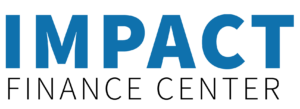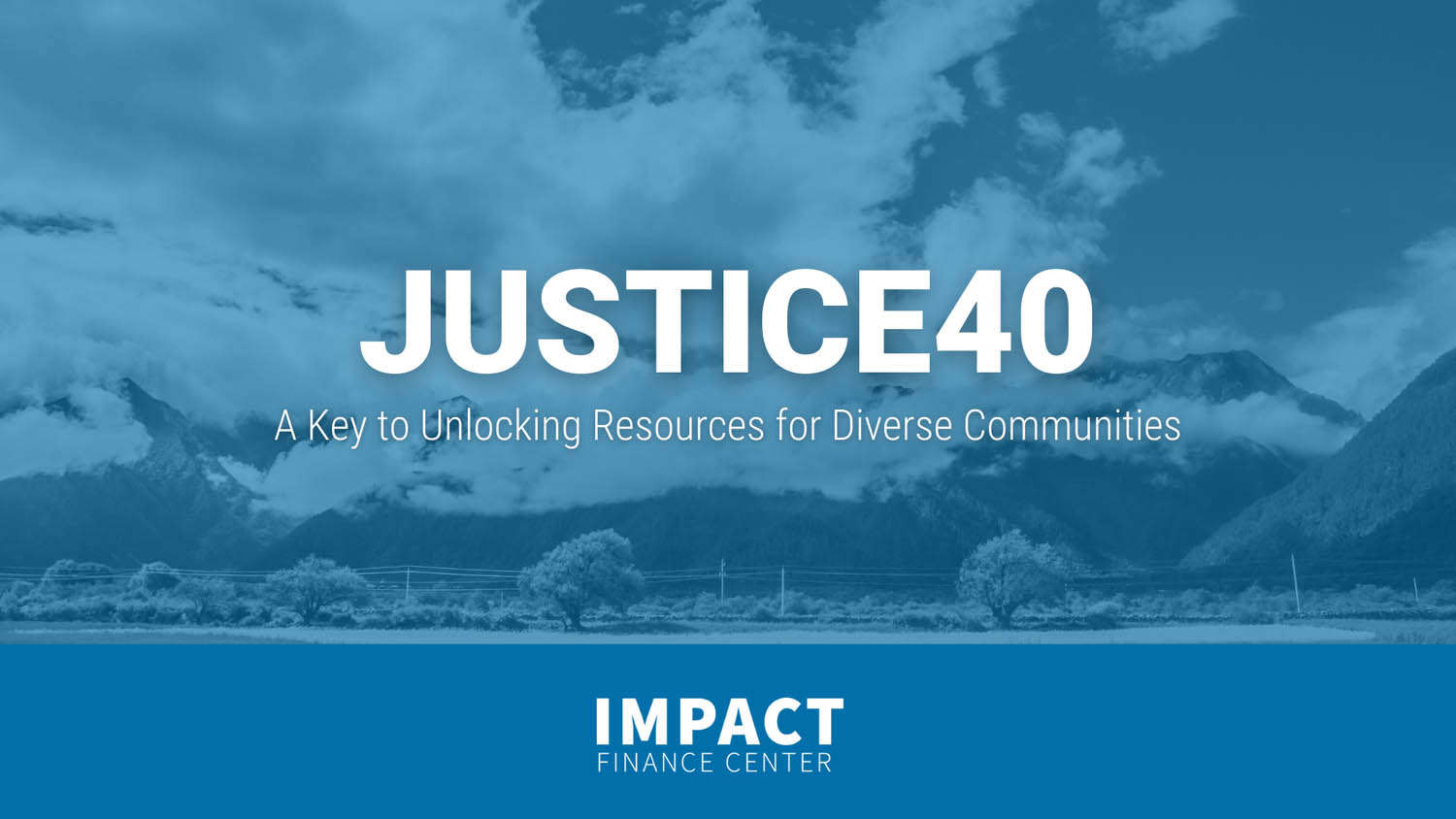Identifying the private match for the Administration’s Justice40 Initiative is key to unlocking resources for diverse communities that are disproportionately impacted by climate change and pollution. Impact Finance Center’s Climate Forest Finance Initiative, supported by a grant from the USDA Forest Service, provides a blueprint for others working with federal agencies to mobilize resources for those communities who need it most.
Our previous grant from the U.S. Forest Service helped identify more than 600 impact investors and 75 investment opportunities. Our next grant will be used to contact those investors to gauge their willingness to donate and invest in our forests. By determining the willingness to donate or invest–via a community note, investment cooperative, or guarantee–we will identify private matches that can be used for Justice40. This approach is both customizable and scalable for other agencies.
Justice40 is an ambitious program to advance environmental justice and spur economic opportunity for disadvantaged communities. As the name indicates, the goal is to invest 40 percent of overall benefits from federal investments in climate and clean energy into disadvantaged communities that are most impacted by climate change and pollution.
The hope of Justice40 is that the low-income communities and communities of color that are disproportionately impacted by pollution and climate change will directly benefit from funds that are meant to improve programs and policies in their communities in these seven areas: climate change, clean energy and energy efficiency, clean transit, affordable and sustainable housing, training and workforce development, remediation and reduction of legacy pollution, and the development of critical clean water and wastewater infrastructure.
The recently launched Justice40 Pilot Program includes accountability and transparency tools to ensure agencies are working to reach the Justice40 goal. The pilot identifies 21 priority programs, including flood mitigation, drinking water quality, lead hazard reductions, and renewable energy systems to immediately begin enhancing benefits for disadvantaged communities.

